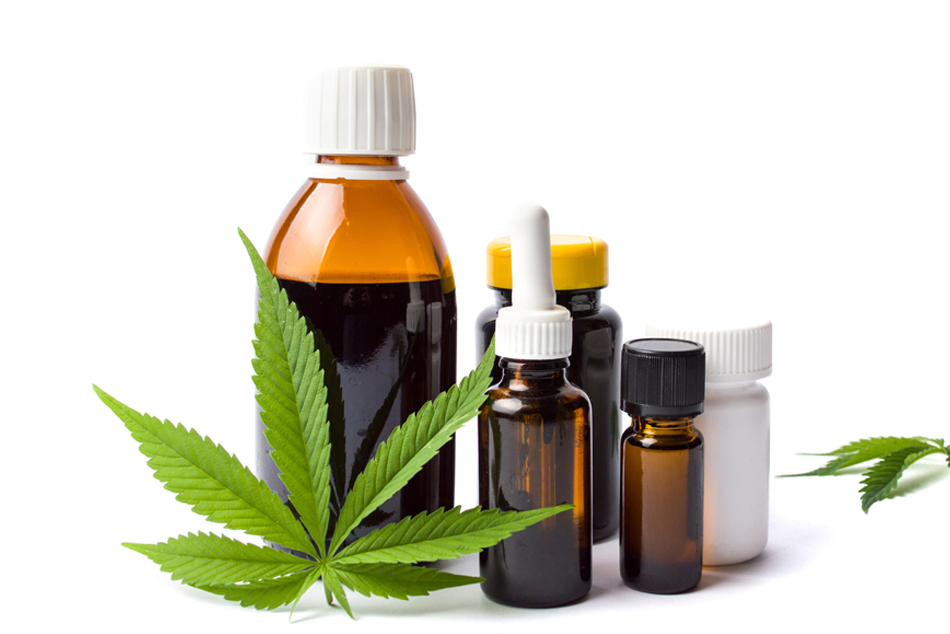Sleep solutions often centre around melatonin supplementation, yet many individuals discover this hormone replacement approach lacks the comprehensive sleep support required. CBD oil for sleep offers alternative mechanisms that simultaneously address multiple sleep disruption pathways rather than targeting only circadian rhythm regulation. This broader therapeutic approach may provide more sustainable sleep improvements for people whose insomnia stems from anxiety, pain, or stress-related factors.
Different biological pathways
Endocannabinoids interact with CBD to regulate various physiological processes, including sleep-wake cycles, pain perception, and emotional responses. This system naturally produces compounds influencing sleep quality through multiple receptor sites throughout the brain and body. A healthy endocannabinoid system regulates the release of neurotransmitters, controlling sleep patterns and transitions between stages. Melatonin functions primarily as a circadian rhythm regulator, signalling to the brain that bedtime approaches based on light-dark cycles. Subchiasmatic nucleus receptors in the brain circulate melatonin, which regulates the body’s internal clock. While effective for jet lag and shift work sleep disorders, melatonin’s singular focus on timing may not address underlying issues that prevent quality sleep once bedtime arrives.
Tolerance development patterns
- Melatonin supplementation can lead to decreased natural production over time as the body becomes dependent on external sources
- Regular melatonin use may require increasing dosages to maintain effectiveness as receptors become less sensitive
- CBD appears to support the endocannabinoid system without creating dependency or requiring dosage escalation and some people explore options like tlvfinestbudz.cc when learning more about CBD products and their potential uses.
- Natural melatonin production can recover more easily when CBD is used instead of synthetic hormone replacement
- Withdrawal symptoms are less familiar with CBD discontinuation compared to stopping melatonin after extended use
The body’s natural feedback mechanisms respond differently to these two compounds. Melatonin supplementation can suppress the pineal gland’s natural hormone production, creating a cycle where external supplementation becomes necessary for adequate sleep initiation. CBD works with existing biological systems rather than replacing natural processes, potentially preserving the body’s inherent sleep regulation capabilities.
Anxiety and stress management
CBD’s anxiolytic properties address one of the most common underlying causes of sleep difficulties. Racing thoughts, worry, and stress-induced physical tension often prevent individuals from falling asleep despite feeling tired. CBD interacts with serotonin receptors and GABA neurotransmitter systems, promoting relaxation and reducing the mental hyperactivity that interferes with sleep onset. Melatonin does not possess anxiety-reducing properties and may not help individuals whose sleep problems stem from stress or emotional disturbances. While melatonin can help someone fall asleep appropriately, it cannot address the racing thoughts or physical tension that may wake them throughout the night. This limitation makes melatonin less effective for people with frequent awakenings or poor sleep quality, rather than just delayed sleep onset.
Duration and sleep quality
CBD’s effects on sleep architecture promote deeper, more restorative sleep phases rather than just facilitating sleep onset. Research suggests CBD may increase time spent in deep sleep stages while reducing REM sleep interruptions that can cause fragmented rest. This improvement in sleep quality means individuals may feel more refreshed despite potentially similar total sleep duration. Melatonin primarily affects sleep timing and onset but has a limited influence on sleep depth or quality once sleep begins. Individuals using melatonin may fall asleep more easily but experience frequent awakenings, light sleep, or unrefreshing rest. The hormone’s effects typically last only a few hours, providing minimal support for maintaining sleep throughout the night compared to CBD’s more sustained influence on sleep maintenance and quality.

